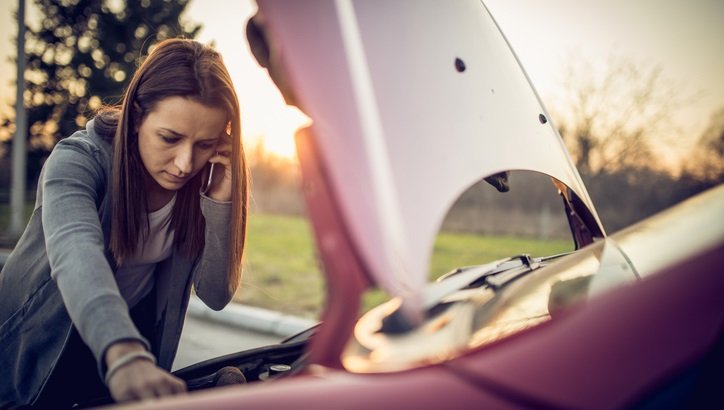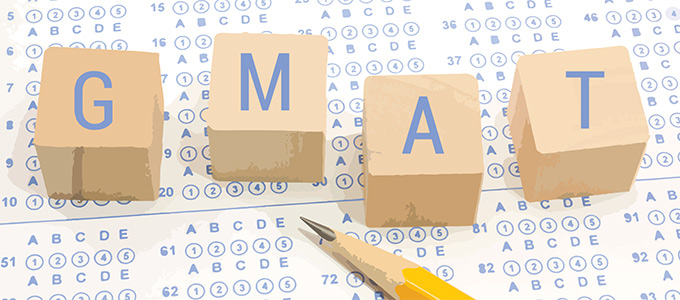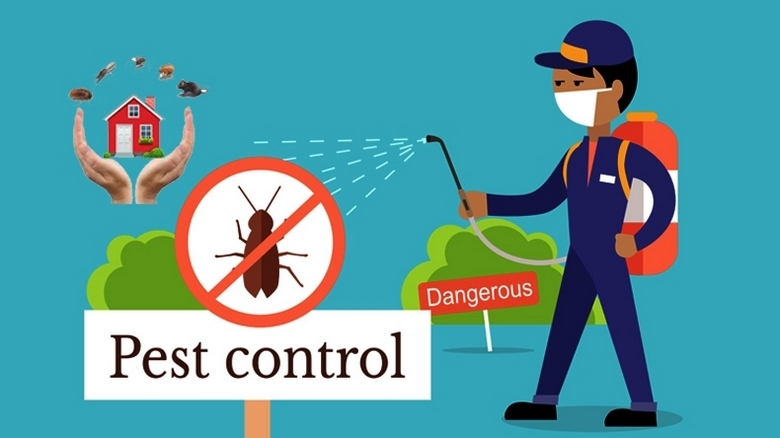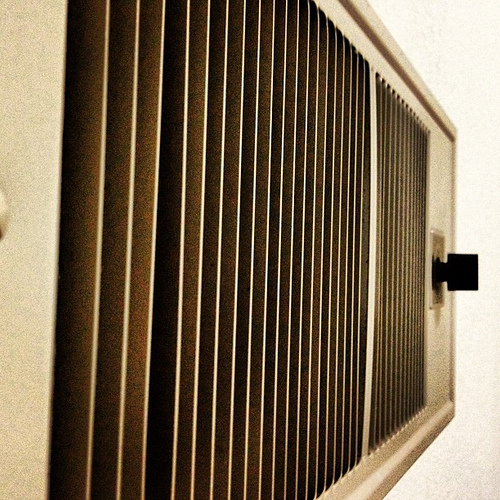Owning a car is a big responsibility. Aside from your home, purchasing a vehicle may be the next major investment you make. With this in mind, you surely would want to make sure that the car you buy gives you many miles of enjoyable driving.
To ensure that you get a good return on investment, make sure to get car services that can safeguard your valuable asset. These services – from preventive maintenance to car care – should be on top of your list of priorities when it comes to vehicle upkeep.
More Knowledge, More Miles
One of the most important aspects of car ownership is learning everything that you can about your car. How will you be able to thoroughly enjoy riding and driving it when you have no clue how it operates? Yes, you do not necessarily have to memorize every nut and bolt, but knowing the basics can do you a lot of good.
A car is a complex piece of automotive engineering. It is the sum of several sophisticated parts that work together to give you a safe and comfortable ride and drive. There is a symbiosis of software and hardware systems that ensures your vehicle runs as smoothly as it was designed to.
Just a bit of automotive know-how can help your vehicle and your hard-earned money go a long way. Being aware of the various vehicle systems, for one, can help you stay on top of the proper maintenance and use of the car. Keeping your car in top shape will also mean that you get the most value from your investment. More importantly, it means keeping you and your loved ones safe while on the road.
Whether your vehicle is used for business – a delivery van or a car rental unit, for instance – or is for your personal use, you should make sure that it stays in excellent shape. Its proper performance will save you money on fuel and repairs as well as help you avoid accidents.
Here are some of the basic vehicle systems you should be familiar with so you know how to better care for your car:
1. Braking System
One of the most critical (if not the most critical) safety systems of your vehicle is the brake system. It is responsible for the safe control of your vehicle in a wide variety of driving situations.
Stepping on the brake pedal causes hydraulic pressure from the master cylinder to flow through the hydraulic lines and hoses. This then goes to the calipers and wheel cylinders where the shoes are forced against the drum brakes and the pads against the disc brakes. This mechanism produces friction that slows down your vehicle and is dependent on how much force is applied on the brake pedals.
It is important for you to understand how it works so you can be alert if anything is out of the ordinary. Some tell-tale signs of brake system malfunction are pulling of the vehicle to one side during braking, unusual odor or burning smell, unusual noise when stepping on the brake pedal, a mushy or pulsating feel when you step on the brakes, and a shaky steering wheel.
When these happen, make sure to drive down to your trusty car service center and have your brakes checked. Also, do not ignore it when the light indicator for your brake system lights up on your dashboard.
2. Emission System
Your vehicle’s emission system is responsible for keeping the engine clean and running smoothly. Aside from controlling your car’s emissions, it also manages exhaust, gasoline vapors that may have leaked from the fuel tank, and other pollutants.
With the help of a sophisticated system of sensors, computerized engine regulators, and exhaust components, the emission system does its job of reducing noxious gases such as carbon monoxide (CO), unburned hydrocarbons (HC), and nitrogen oxides (NOx).
Atmospheric and driving conditions, poor vehicle maintenance, inferior fuel quality, mileage, and vehicle age are some factors that contribute to the typical wear and tear of the emission system. If a steady or flashing light comes up on your dashboard, make sure to bring your car to a reputable service center as soon as possible.
3. Engine Cooling System
One of the most common road mishaps that takes place is overheating. To avoid this, you must ensure that your engine cooling system is regularly checked.
Your engine cooling system is responsible for eradicating the heat from the automatic transmission and engine and dispels it to the air outside. Thanks to new coolant technology and modern radiator materials and technology, a properly working engine cooling system maintains efficient engine operation.
You may also have to replace cooling system parts if you notice leaks or a sweet smell coming from the radiator, or if you notice that you need to frequently add fluid. To avoid these system flaws, it is best to follow the regular schedule of coolant changes, use the right type of coolant for your vehicle, and observe proper driving habits.
4. Fuel System
If you drive a vehicle with an internal combustion engine, you will have to be cautious about what type of fuel to use. Fuel quality is a key factor in the efficient running of the fuel system.
This system works with the rest of the engine system to ensure that your vehicle gives the best driving performance. Low-quality fuel, as well as other factors such as mileage, vehicle age, maintenance history, and other operating conditions, can affect the fuel system and, ultimately, the efficient performance of your automobile.
If you detect the smell of gas, if your vehicle won’t start, or if the “check engine” light is on your dashboard, make sure to call or visit a reliable service center.
5. Transmission System
Power is provided to your vehicle’s wheels when the transmission system works with the engine system. Whether your car has a manual, automatic, or hybrid transmission system, the kind of transmission plays a crucial role in its overall driving performance.
The transmission system matches the engine’s output to the vehicle load and speed conditions. Another component of the transmission system – the torque converter – is also instrumental in managing the engine torque’s flow into the transmission for a more dynamic and controlled drive.
Some signs of a flawed transmission system include bucking, difficulty in shifting, grinding gears, hesitation, and slipping. Once you notice these signs, it is best to bring your car to a well-regarded car service center for a check-up.
Safer, Longer Drive
Knowing how your vehicle works lets you take one step towards a more satisfying and rewarding car ownership experience. Not only will you be able to avoid unnecessary repair or replacements costs, but you will also help prevent accidents on the road.
Make sure that you bring your vehicle to a reputable car care center for its regular check-up so you can detect, prevent, or address any irregularities. It is best to entrust the care of your vehicle to the able hands of experienced automobile experts to ensure maximum safety and performance.
When you want your car to last longer, take the time to learn about how it works. This is key to a lasting relationship with your trusty road companion.
AUTHOR BIO
Ahmad Ramadan is a Managing Partner at Deutsche Technik Service Center, Dubai’s first and largest VW, Audi, Mercedes, Bentley, Porsche, & Lamborghini vehicle specialist and performance tuner. DT has also built an illustrious portfolio in classic car repair, maintenance, and restoration, as well as bodywork (accident repair, painting, and denting). DT Service Centre offers a full range of services: mechanical repairs, maintenance, servicing, etc.









